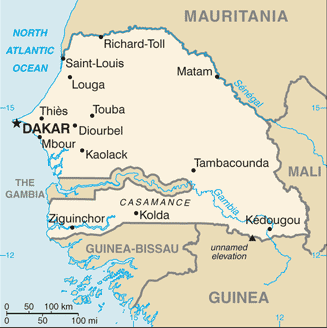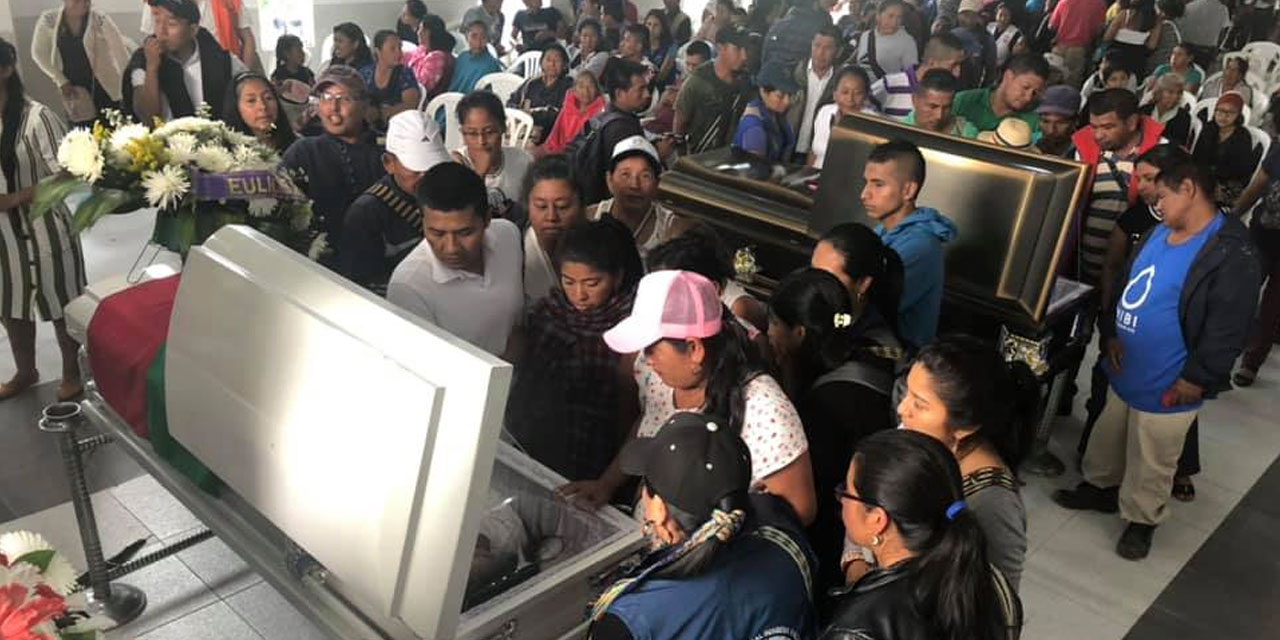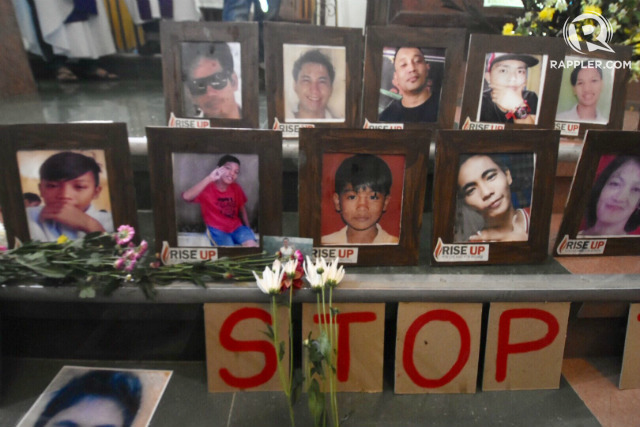
Senegal: peace process with Casamance rebels
The concluding of a peace agreement between Senegal and separatist rebels in Casamance is being hailed by the government as “an important step” toward ending the 40-year conflict in the southern region. The deal was signed in neighboring Guinea-Bissau by a delegate from President Macky Sall’s administration and Cesar Atoute Badiate, leader of the Movement of Democratic Forces of Casamance (MFDC). The long-simmering conflict was re-ignited in 2021 when the Senegalese army launched a major offensive against the rebels. But Seydi Gassama, director of Amnesty International Senegal, noted that the MFDC is now but one of several rebel factions. “The negotiations must expand to include these factions so that a peace deal can be quickly signed with all the factions and peace can be established throughout all of Casamance,” Gassama said. (Map: PCL Map Collection)












